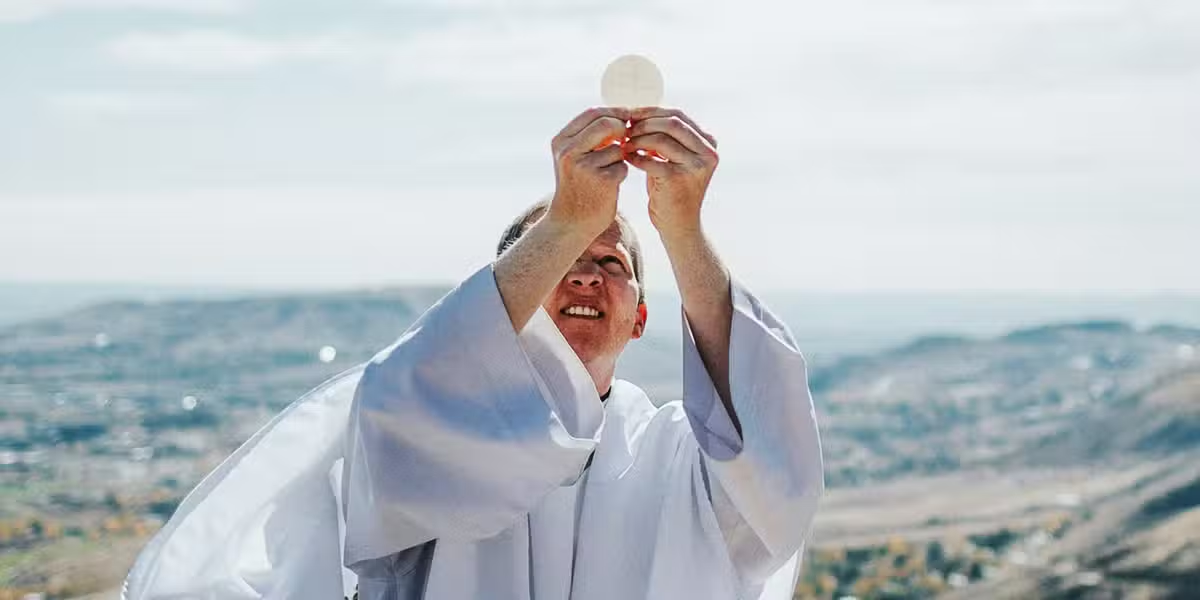Loretta was in her 80s and lived for over 40 years in her Detroit home. Her four grown children lived in different states, and her husband of over 50 years had died two years before. Loretta had slowed down, did not have the physical stamina of her middle years, had undergone two cataract surgeries and a heart catheterization and, due to the loss of balance that often comes with aging, walked more slowly.
Despite her slowing down, Loretta still served on parish committees, shared her strong religious and moral values with her children and grandchildren, cooked their favorite meals when they visited and kept in regular touch by telephone.
Loretta’s neighbor, Mary, was 20 and as agile and full of energy as a gazelle. Mary started college, dropped out, got a low-income job in the area, quit the job, entered a community college and dropped out again. Mary had good health and energy, but seemed to lack direction and purpose in her life. She failed to make good choices in relationships and careers, admitting that she was impulsive, unable to look at the “big picture” of her life and unwise in personal savings and money matters.
Changes Are Inevitable
Losses in our lives are inevitable. Sometimes we face professional losses—we are fired, get demoted, quit, search for more meaningful work, or never realize our professional dreams. We lose status and drift away from work colleagues.
Other losses might be personal: A marriage may end in divorce; a lifetime friend may relocate across the country; our children may move far away. We experience health losses, too. Our bodies are constantly changing, and we lose basic functions we used to take for granted—hearing, eyesight, strength, coordination, and even the ability to remember. Sometimes we lose our family—a parent, spouse or child—to death or alienation. Other times we lose an old, dear friend.
All these changes in our lives can deeply shake our faith. They can become “spiritual emergencies.”
But, along with our losses, we are invited to find holiness and health amid the broken circumstances of our lives. All of our transitions, losses or changes can become moments that will challenge us to reflect on our human journey and provide reasons for spiritual change. The losses we experience have distinct characteristics: 1) an ending, 2) a period of distress and confusion leading to 3) a new beginning.
What is important is the journey through these critical and necessary stages. How do we emerge from suffering in our lives and move to wisdom and love? Our challenges are not evils but disguised blessings—the pivotal points which allow us to transform our lives with wisdom and acceptance. Francis of Assisi, like Jesus, his model, completely embraced his humanity.
Francis suffered and experienced human betrayal. Despite Francis’ pain—from the stigmata, for instance—he fully accepted his suffering and focused on his brothers and sisters.
Coping with Faith
We can find powerful comfort in the transforming words of St. Paul to the Romans, “For I am convinced that neither death, nor life, nor angels, nor rulers, nor things present, nor things to come, nor powers, nor height, nor depth, nor anything else in all creation, will be able to separate us from the love of God in Christ Jesus our Lord” (8:38-39).
I hope to continue responding to my own physical and professional losses with the grace and generous spirit of Loretta. She understood that through Christ, power is made manifest.








